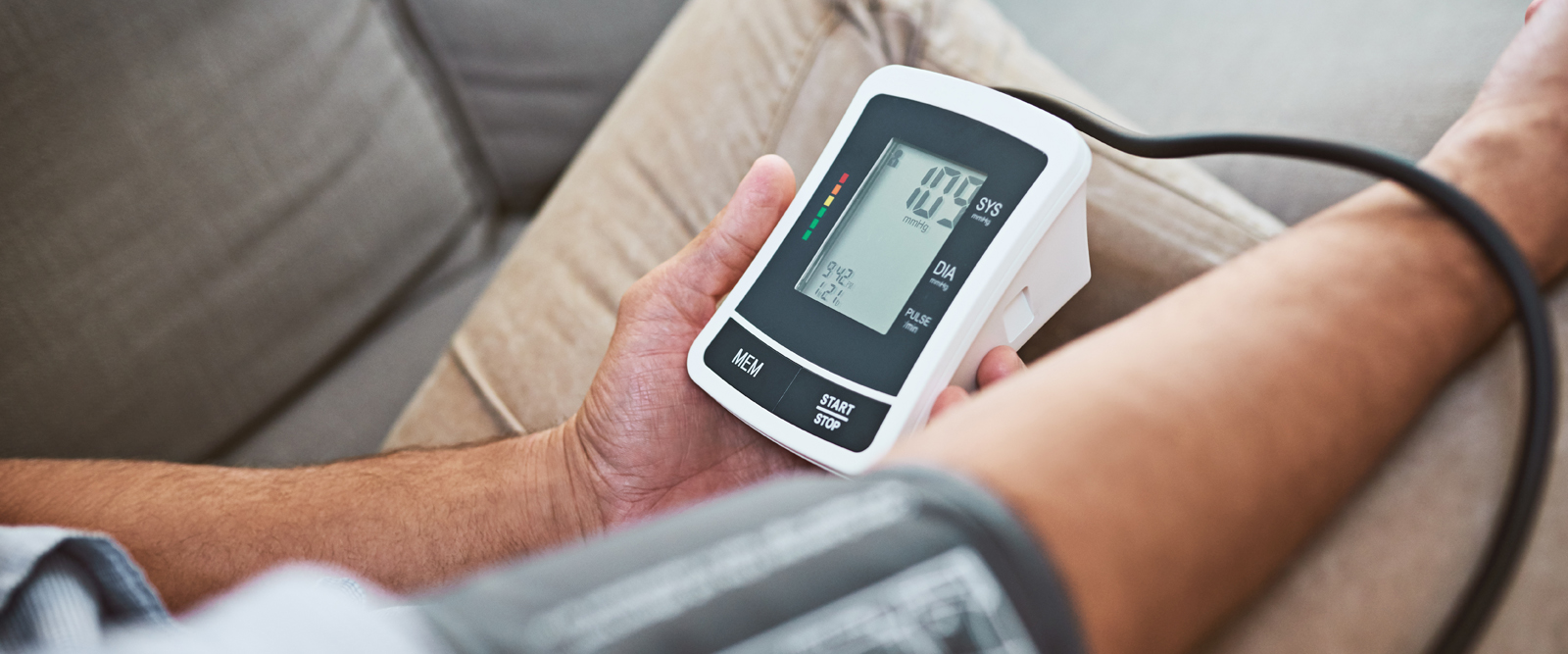Living with diabetes can be a challenging experience, and connecting with others who understand what it’s like can be incredibly beneficial. However, as with any community, there can be issues that arise, including abusive behaviour. Unfortunately, even within the diabetes community, there are people who engage in abusive behaviour towards their fellow diabetics. This can take many forms, from bullying and shaming to outright harassment and intimidation.
It’s important to recognise that abusive behaviour is never acceptable, regardless of who is engaging in it or why. No matter how frustrated or angry someone may be, it is never okay to take that out on another person, especially someone who is dealing with the same struggles that you are. In fact, engaging in abusive behaviour towards other diabetics is particularly harmful because it can undermine the sense of community and support that is so important in managing diabetes.
Here are some of the reasons why it’s essential to not accept abusive behaviour within the diabetes community:
• It undermines the support system
One of the most significant benefits of the diabetes community is the sense of support and understanding that it provides. When you connect with other diabetics, you can share your experiences, exchange advice and tips, and find comfort in the fact that you are not alone. However, when abusive behaviour is present, it can erode that sense of support and understanding.
People who are subjected to abuse may feel isolated and alone, as if they have no one to turn to who will understand what they are going through. This can make it more challenging to manage diabetes, as the support that they would usually rely on is no longer available. It’s essential to create a safe and supportive environment within the diabetes community to ensure that everyone feels comfortable seeking and offering support.
• It can have negative mental health consequences
Abusive behaviour can have a significant impact on mental health. For people with diabetes, who already have to manage the stress and anxiety that comes with living with a chronic condition, this can be especially harmful. Abuse can lead to feelings of shame, guilt, and worthlessness, which can exacerbate existing mental health issues or even lead to the development of new ones.
It’s crucial to prioritise mental health within the diabetes community, and that means not accepting abusive behaviour. People with diabetes need a supportive environment where they can feel safe discussing their struggles and seeking help when they need it. If abusive behaviour is present, it can make people feel even more isolated and alone, which can be detrimental to their mental health.
• It perpetuates harmful stereotypes
Unfortunately, there are still many harmful stereotypes and misconceptions about diabetes. Some people believe that diabetes is a result of poor lifestyle choices, and that people with diabetes are lazy, unmotivated, or lacking in willpower. These stereotypes are not only untrue, but they are also harmful and can contribute to the stigma that people with diabetes face.
When people within the diabetes community engage in abusive behaviour, they are perpetuating these harmful stereotypes. By shaming or bullying other diabetics, they are essentially saying that they believe these stereotypes are true, and that people who struggle with diabetes are somehow to blame for their condition. This can be incredibly damaging, both to the individual who is being targeted and to the community as a whole.
• It creates an unsafe environment
Abusive behaviour can create an unsafe environment within the diabetes community. People who are subjected to abuse may feel uncomfortable attending diabetes-related events or engaging with others in the community. They may feel that they are at risk of being targeted again, and that they have no recourse if that happens.
Creating a safe environment within the diabetes community means ensuring that everyone feels comfortable and supported. No one should feel as though they are at risk of being targeted or harassed. When abusive behaviour is present, it can undermine that sense of safety within the community.
If you enjoyed this blog and you'd like to support me over the time that I give to others then check out these links:
BUY DIABETIC DAD A COFFEE HERE
GET MENTORING SUPPORT FROM DIABETIC DAD
Prefer PayPal?









